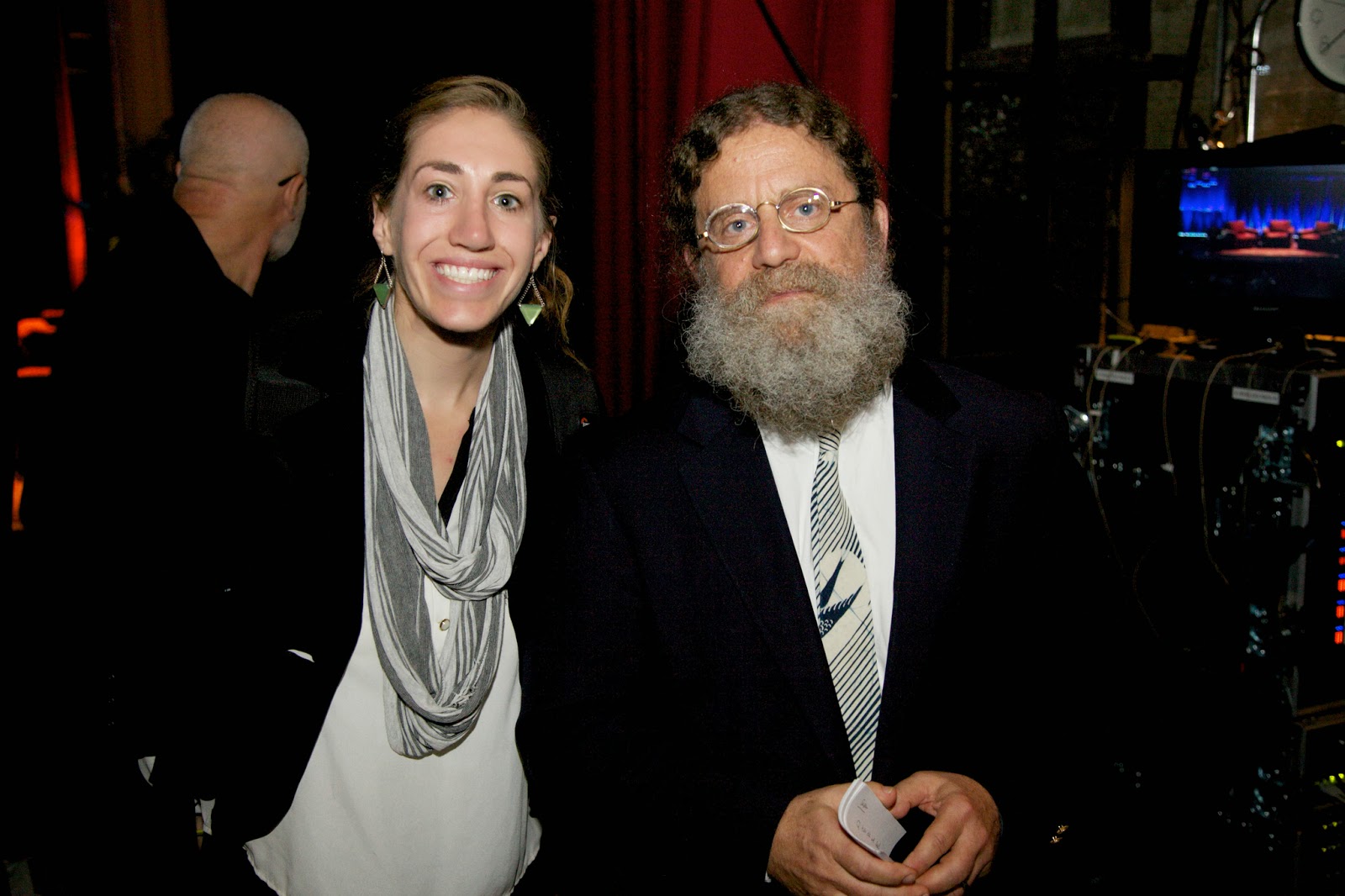Robert Sapolsky is a renowned neuroscientist, author, and biologist, widely recognized for his work in stress and behavior. His groundbreaking research has not only illuminated the complexities of the human brain but has also sparked interest in how our biological makeup influences our actions and decisions. Beyond his academic achievements, many are curious about the personal life of this fascinating individual, particularly his relationship with his wife. This article delves into Robert Sapolsky's life, his marriage, and various aspects of his career that contribute to his reputation as a leading figure in neuroscience.
In this comprehensive exploration, we will uncover details about Robert Sapolsky's wife, the dynamics of their relationship, and how his personal life intertwines with his professional pursuits. Furthermore, we will provide insights into his contributions to science, his publications, and the impact of his work on society. This article aims to offer a well-rounded perspective on Sapolsky, emphasizing the relevance of understanding his personal life in the context of his scientific achievements.
As we navigate through the various sections, you'll find useful information backed by credible sources, statistics, and references that underscore the significance of Robert Sapolsky's work and personal life. Whether you are a fan of his writings, a student of neuroscience, or simply curious about the man behind the research, this article is designed to provide a thorough understanding of both his professional and personal realms.
Table of Contents
- Biography of Robert Sapolsky
- Personal Life and Marriage
- Who is Robert Sapolsky's Wife?
- Career Highlights
- Research Contributions
- Notable Publications
- Impact on Society
- Conclusion
Biography of Robert Sapolsky
Robert Sapolsky was born on April 15, 1951, in Brooklyn, New York. He attended Harvard University, where he earned a Bachelor of Arts in Biological Anthropology. Following his undergraduate studies, he pursued a Ph.D. in Neurobiology at Rockefeller University.
Personal Data and Biodata
| Name | Robert Sapolsky |
|---|---|
| Date of Birth | April 15, 1951 |
| Place of Birth | Brooklyn, New York, USA |
| Field of Study | Neurobiology |
| Occupation | Neuroscientist, Author, Biologist |
Personal Life and Marriage
Robert Sapolsky's personal life has often been a subject of interest to his fans and followers. He has managed to maintain a relatively private life despite his public persona as a scientist and author. His marriage is a testament to the balance he has found between his professional and personal commitments.
His relationship with his wife has been described as supportive and understanding, allowing both individuals to thrive in their respective careers. This section will explore how their partnership has influenced Sapolsky’s work and personal philosophy.
Who is Robert Sapolsky's Wife?
Robert Sapolsky is married to Lisa Sapolsky, who has played a significant role in his life. While she tends to stay out of the limelight, her influence is evident in Sapolsky's perspectives on life, science, and the human condition.
Lisa is known for her intelligence and support, providing a stable foundation for Robert's ambitious endeavors in neuroscience. The couple shares a mutual respect for each other's work, and their relationship is often highlighted as a model of partnership that fosters both personal and professional growth.
Career Highlights
Robert Sapolsky's career is marked by numerous accomplishments that have significantly impacted the field of neuroscience. His research primarily focuses on stress and its effects on the brain and behavior. Here are some of the key highlights of his career:
- He has published over 300 scientific papers and several books.
- Sapolsky has received numerous awards, including the MacArthur Fellowship.
- He is a professor at Stanford University, where he teaches biology and neurology.
- His work has been featured in various media outlets, contributing to public awareness of stress-related issues.
Research Contributions
Robert Sapolsky's research contributions are extensive and varied. He is particularly known for his studies on the physiological effects of stress, which have shed light on how chronic stress can impact mental and physical health.
Some notable findings include:
- Chronic stress can lead to memory loss and cognitive decline.
- Stress hormones can affect gene expression and cellular function.
- Understanding the biological mechanisms of stress can inform treatment strategies for mental health disorders.
Notable Publications
In addition to his scientific papers, Robert Sapolsky has authored several popular books that make complex scientific concepts accessible to the general public. Some of his most notable works include:
- Why Zebras Don't Get Ulcers - A book that discusses the effects of stress on health.
- A Primate's Memoir - A personal narrative of his years studying baboons in East Africa.
- Behave: The Biology of Humans at Our Best and Worst - An exploration of the biological basis of human behavior.
Impact on Society
Robert Sapolsky's work has had a profound impact on society's understanding of stress, behavior, and mental health. His ability to communicate complex scientific ideas has helped bridge the gap between academia and the public, raising awareness about the importance of mental health and the biological factors that influence our behavior.
Moreover, his research has implications for various fields, including psychology, medicine, and public health, fostering a greater understanding of how to cope with stress and its effects on our lives.
Conclusion
In conclusion, Robert Sapolsky is not only a prominent figure in neuroscience but also a devoted husband who balances his personal and professional life with grace. His contributions to science, especially in understanding stress, have paved the way for further research and awareness in mental health. As we reflect on his journey, it becomes clear that both his work and his relationships are integral to his identity.
We invite you to share your thoughts on this article or explore more about Robert Sapolsky's work and ideas. Your engagement helps foster a community of learning and discussion around these critical topics.
Thank you for reading, and we hope to see you back for more insightful articles in the future!




